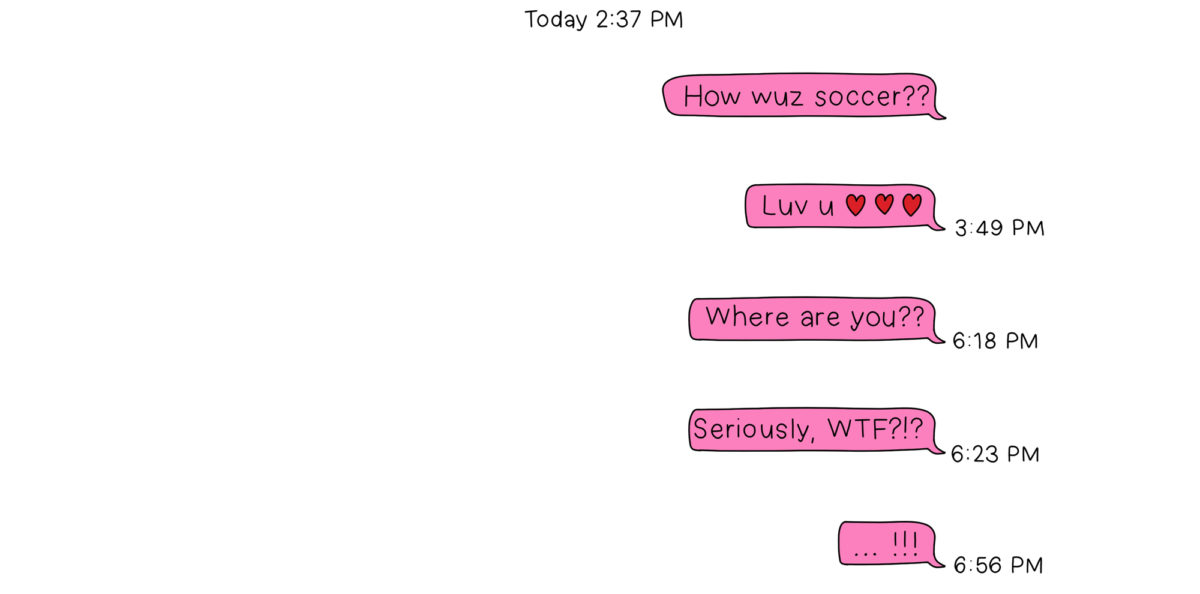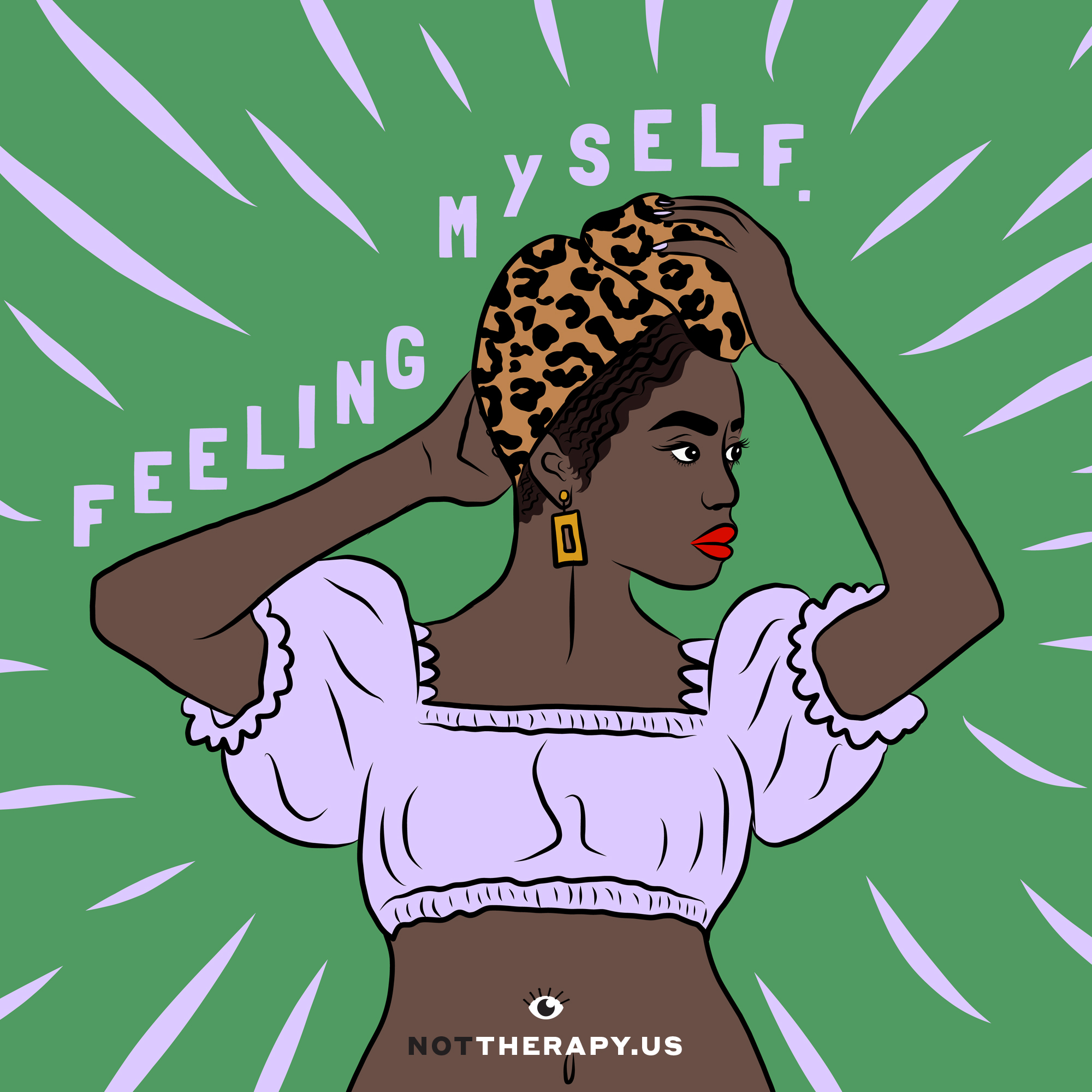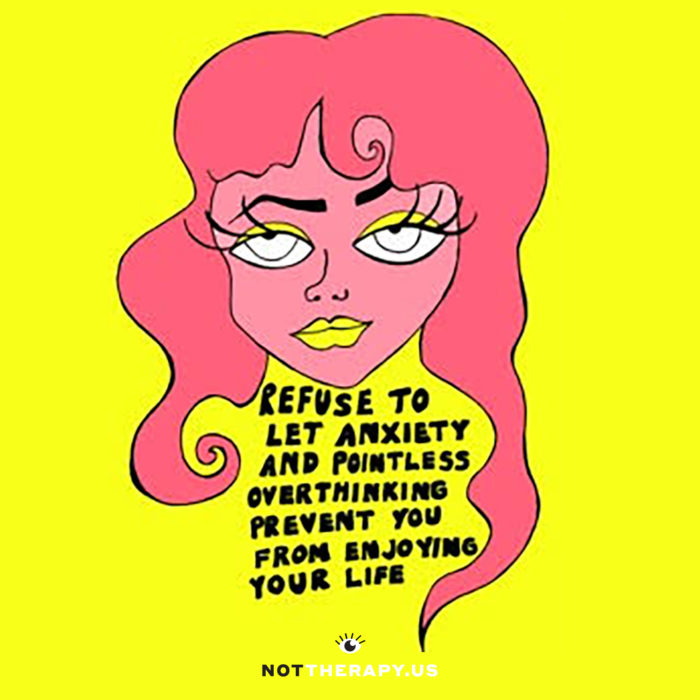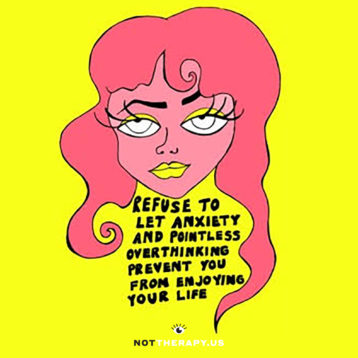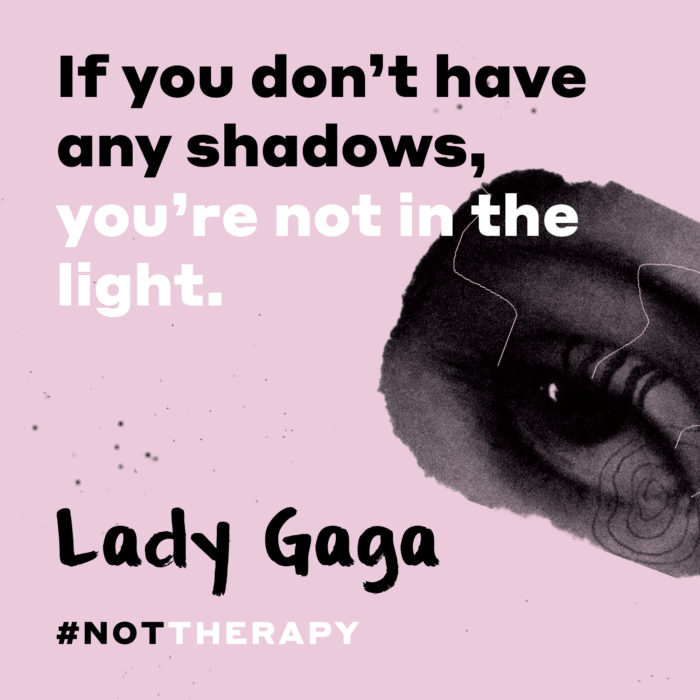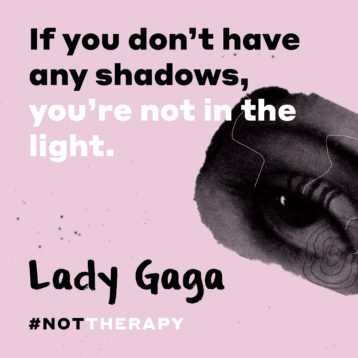Relationships. They’re so hard.
Aren’t they?
They start off so damn exciting and interesting but when the limerence phase ends, they can be distracting as hell when your relationship with you isn’t on point.
If you struggle in relationships, either your “picker” is off (a.k.a., you choose jerks) or you need to work on your relationship with yourself before you try to have one with someone else.
It all comes back to YOU, every time.
A quick story to illustrate.
#TheFacts
So many of us struggle in relationships, especially intimate ones.
Those of us who struggle the most often have unhealthy attachment styles—the way we relate to other people. Our attachment style today mimics that of our attachment to our early childhood caregivers. Sounds super-psychobabble but, hear me out. There are four different types of attachment styles: secure, anxious/preoccupied, dismissive/avoidant or fearful/avoidant. They’re determined by how our needs were met by our parents, babysitters, daycare workers, you get the picture, when we were very young.
By the time we turned six years old, our style for the rest of our lives had largely been set. It’s relevant to us NOW, because research tells us that only the securely attached can connect to another human being in a meaningful way. The rest of us are playing games—clinging on for dear life or managing our own abandonment by giving our partner a good shove every now and again.
#InOtherWords
That whole “you complete me” thing is total bullshit.
Each one of us comes complete and our partners are complements to all that we are, rather than supplements filling in the gaps for all that we’re not.
Movies, media, songs and society, in general, feed us this idea that desperation is love, that dependency means it’s meaningful and that our relationship status increases our value.
I beg to differ—and so do the facts. Love and attachment are two different things. Love is a pouring out with no expectation of anything in return. Attachment is a holding on.
When we attach to others in an effort to find ourselves, we’ve lost before we’ve begun. We’re more likely to go that route when we’re emotionally starving as a result of an unhealthy attachment style.
#TheFeels
You know the panicky feeling when your “Luv you, baby” text is met with total silence? You’re waiting, waiting, waiting. Shit. Why hasn’t he messaged me back? He was active seven minutes ago… Or the, Damn. She opened my last snap and didn’t snap me back. Why not??
A day that was going along smoothly can all of a sudden go downhill when we’re relying on another person to do something to make us feel okay.
We stick around through a sea of red flags as we measure our own value by another person’s actions. It feels so scary and empty and lonely, too. Being so desperate makes us feel like total losers yet—there is something kinda sexy about it, right?
Wrong.
The problem is that without realizing it, we hand over all of our power (following along with social norms) to these other flawed human beings and usually by the time we figure it out, we’re so far entrenched that it takes real time and effort to disentangle ourselves and set things straight again.
#LetsGetPersonal
I can’t tell you the number of girls who come to me and say, “I hate him/her. (S)he’s a total jerk, but I keep going back for more. What’s wrong with me?”
What I’ve noticed is that many of you choose significant others who mimic the negative thought voice in your head, versus those people who join in with you and your positive thought voice.
There is something about familiarity that’s so damn comfortable and also the negative stuff is somehow always easier to believe. That is, until it’s not.
Take it from the reformed queen of, “Baby, I love you. You love me?”
It’s time for you to recognize your value and stand in your power, so that you can choose relationships that work or, at the very least, walk away from the ones that don’t.
Here’s what to do:
1. Start by getting a feel for your own attachment style.
Until we identify exactly what’s contributing to the problem, it’s really hard to hop into the proper solution.
2. Focus on your relationship with you.
There’s no one better at meeting your needs than you. Download this week’s #DoThisThing checklist and start holding yourself accountable for being a good girlfriend—to yourself. Keep track of all that you do for you this week and see how you feel when you start doing for yourself what you’ve been begging others to do for you.
Trust me.
Next week, you’ll know what I mean.
3. Get with your girl gang.
Every night is for the girls. Remember, it takes a village.
One key to staying healthy in intimate relationships is to decrease expectations. To do that, we can give love and receive love from many others—not just “the one.”
We often make the mistake of relying on one person to meet all of our emotional needs. That’s impossible. Spread the love and you’ll feel a lot more loving when it comes to your primary relationship, too.
Illustration by Emmy Smith.


